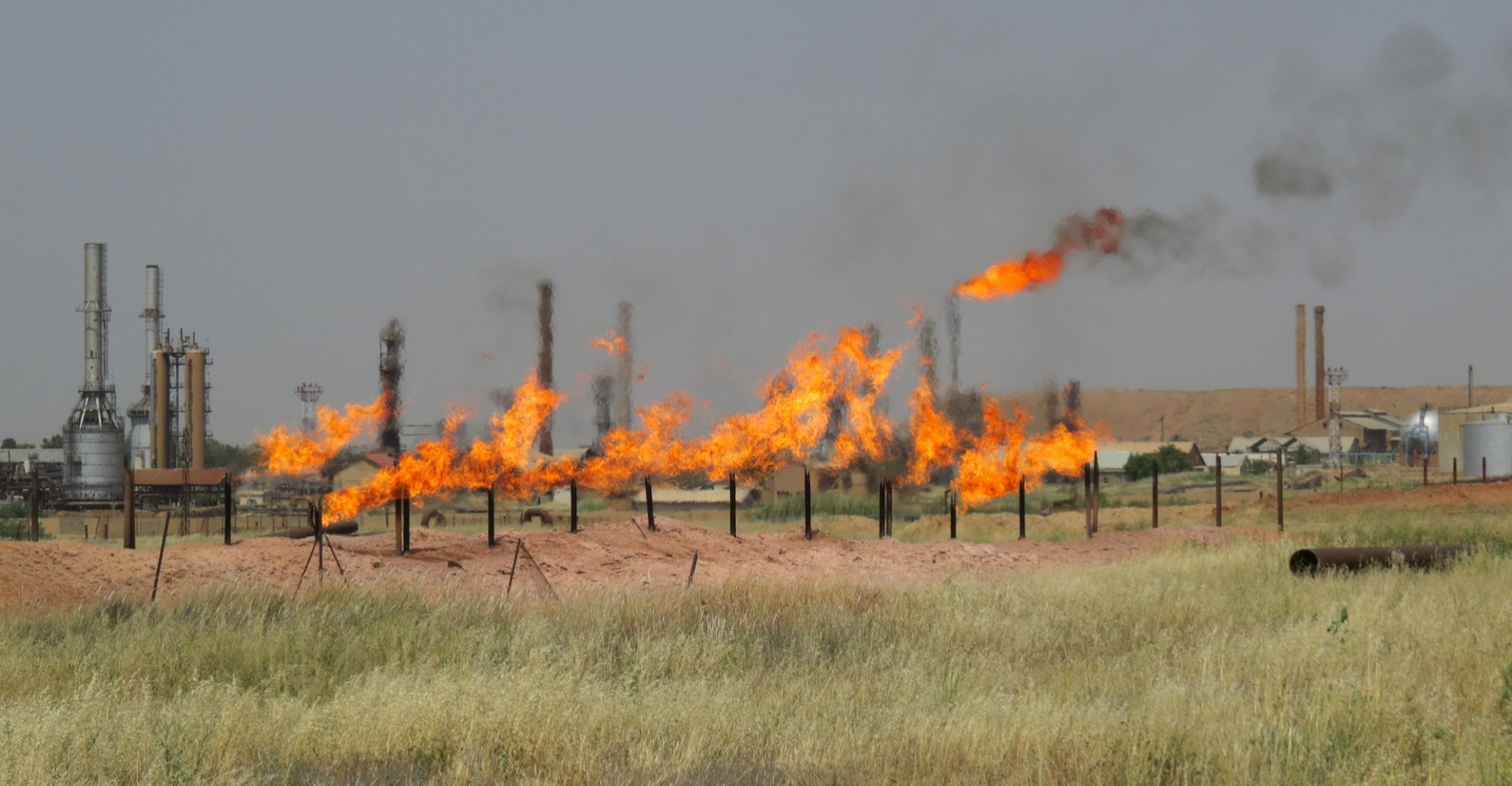North Oil Restores Life to 35 Oil Wells That Stopped Production
North Oil Restores Life to 35 Oil Wells That Stopped Production
2025-02-08 07:09
 Shafaq News/ A source in the North Oil Company reported on Saturday that production has been resumed in 35 wells of the Jambur oil field in Kirkuk, while confirming that the North Oil Company is awaiting the British BP Company’s project for the company’s development work after completing the deal between the Ministry of Oil and the British oil company.
Shafaq News/ A source in the North Oil Company reported on Saturday that production has been resumed in 35 wells of the Jambur oil field in Kirkuk, while confirming that the North Oil Company is awaiting the British BP Company’s project for the company’s development work after completing the deal between the Ministry of Oil and the British oil company.
The source told Shafaq News Agency, “The Director General of the North Oil Company, Amer Khalil Ahmed, held a meeting with the technical and engineering crews at the Sarlu and Sarbshakh stations, which are part of the Kirkuk oil field, and was briefed on the progress of production operations in the field’s wells, and the company’s plan to increase production rates, as these two stations were developed by Iraqi oil cadres.”
He added, “The engineering and technical staff of the North Oil Company carried out a campaign to activate the stopped wells and increase production, which resulted in the reactivation of (17) wells in the Bai Hassan field, (7) wells in the Kirkuk field, and one well in the Jambur field. These wells had been stopped for a long time, in addition to the work of activating Kirkuk well (361) by recycling nitrogen and returning it to production. Kirkuk well (344) was perforated in the Sarbshakh area, and a number of other wells in the area were evaluated.”
He continued, “The company’s plan is to work during the current week on Kirkuk wells (234,329,328,327,341) in the Sarlu and Sarbshakh areas, and Bai Hassan wells (49,161,164,184) in the Katka and Daoud Kirkah areas within the Bai Hassan oil field, and Kirkuk well (257) in the Shuraw area.”
He stressed that “the company’s current production is around 330 thousand barrels per day, most of which is allocated to refinery operations, refining them, and exporting an average of 10 thousand barrels per day to Jordan.”
Reuters news agency revealed on February 4 that the British oil giant BP may spend about $25 billion as part of a huge project to redevelop four oil and gas fields in Kirkuk, at a time when the Baghdad government is seeking to attract foreign investments.
The report, translated by Shafaq News Agency, quoted a prominent Iraqi oil official as saying that if the agreement is signed, which could take place in the coming few weeks, it will be a major breakthrough for Iraq at a time when its production has been restricted due to years of war, corruption and sectarian tensions.
However, the report pointed out that Iraq, despite this, is still the second largest oil producer in OPEC, after Saudi Arabia.
The report quoted the senior Iraqi official, who is directly familiar with the issue, as saying that BP will invest between $20 billion and $25 billion under a profit-sharing agreement that will last for more than 25 years.
The report noted that the size of this deal has not been announced before. BP also declined to comment on the latest developments, but referred to a statement issued last month in which it said that it had made significant progress with the Iraqi government towards an agreement on developing these fields in Kirkuk.
According to the report, if the agreement is concluded, it will be the second major agreement between Iraq and an international oil company within two years, after the agreement concluded with TotalEnergies, which is worth about $27 billion.
The report explained that the new agreement for “BP” focuses on rehabilitating facilities in four oil fields and developing natural gas to support Iraq’s local energy needs.
The same official was quoted as saying that the technical and economic talks are making good progress, and that the final contracts are likely to be signed in the first half of February and perhaps even by the end of this week.
According to the official, one of the terms of the contract is that BP will work to increase the crude production capacity of the four oil fields in Kirkuk by 150,000 barrels per day, which will raise the total capacity to at least 450,000 barrels per day within two or three years.
The report pointed out BP’s experience in Kirkuk’s energy fields, as it was part of a consortium of oil companies that operated in Kirkuk during the 1920s.
The report explained that BP signed a letter of intent with the Iraqi Ministry of Oil in 2013 to study the development of fields in Kirkuk, but this agreement was suspended in 2014 when the Iraqi army collapsed in the face of the advance of ISIS, which allowed the Kurdistan Region to control Kirkuk Governorate. However, Baghdad regained full control of the sites from the regional government in 2017 after the referendum on Kurdish independence.
The report added that BP resumed its studies in the field, but withdrew in late 2019 from the field after the 2013 service contract expired without reaching an agreement to expand the field.
shafaq.com
